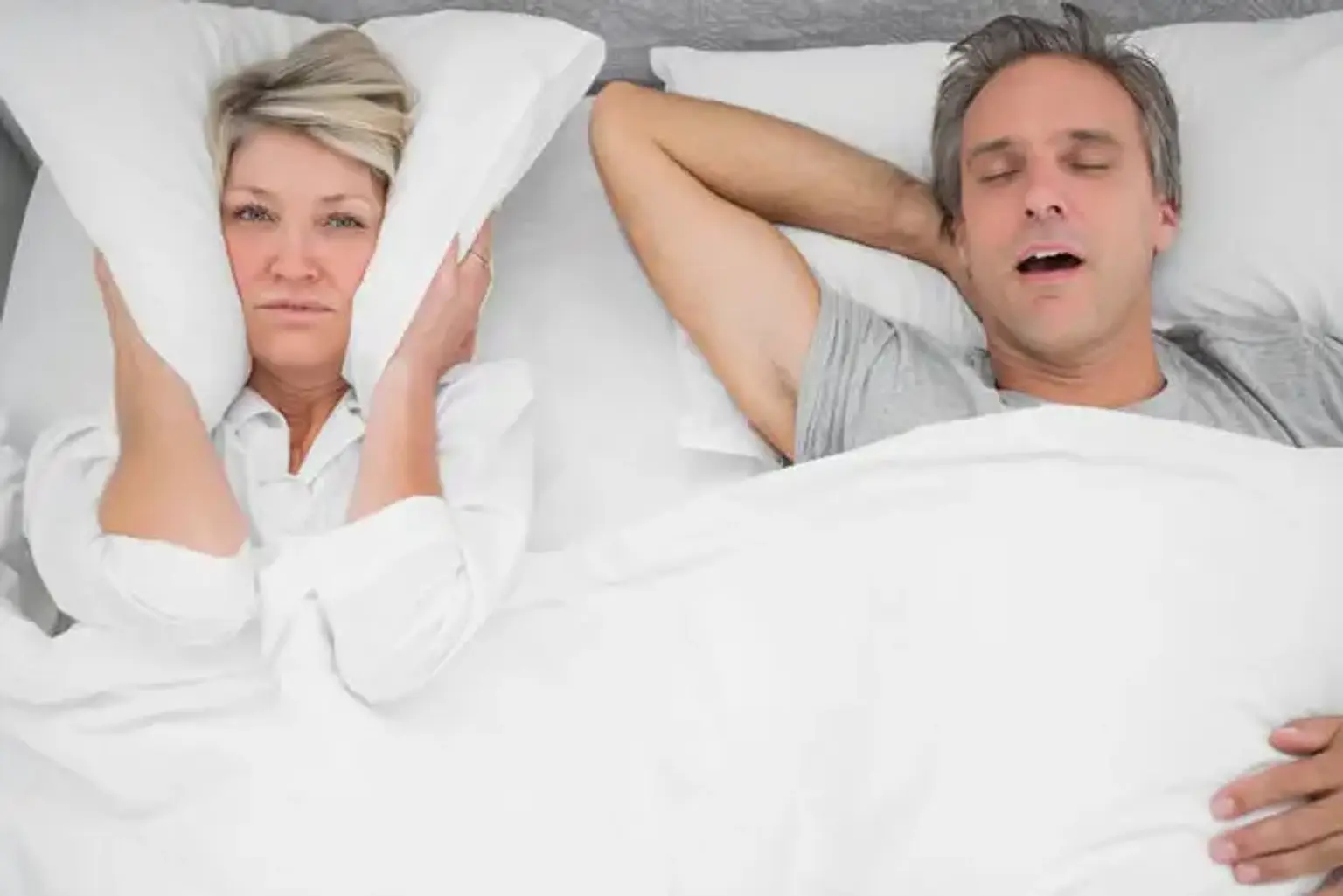Snoring
Snoring happens when the tissue in a person's upper air path vibrates, causing them to breathe loudly while sleeping. It's a frequent problem that most individuals will face at some point in their lives.
Snoring is typically overlooked as a severe health issue, but home remedies can help address it. There are also available medical treatments if home remedies do not work. Snoring can sometimes be a sign of a more chronic health issue. You should thus visit your doctor if it gets disruptive or if you exhibit additional symptoms.
